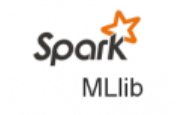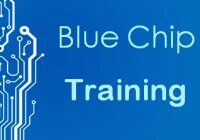 Overview
Overview
MLlib is Spark’s machine learning (ML) library. Its goal is to make practical machine learning scalable and easy. It consists of common learning algorithms and utilities, including classification, regression, clustering, collaborative filtering, dimensionality reduction, as well as lower-level optimization primitives and higher-level pipeline APIs.
It divides into two packages:
- spark.mllib contains the original API built on top of RDDs.
- spark.ml provides higher-level API built on top of DataFrames for constructing ML pipelines.
Audience
This course is directed at engineers and developers seeking to utilize a built in Machine Library for Apache Spark
Requirements
Knowledge of one of the following:
- Java
- Scala
- Python
- SparkR.
Course Outline
spark.mllib: data types, algorithms, and utilities
- Data types
- Basic statistics
- summary statistics
- correlations
- stratified sampling
- hypothesis testing
- streaming significance testing
- random data generation
- Classification and regression
- linear models (SVMs, logistic regression, linear regression)
- naive Bayes
- decision trees
- ensembles of trees (Random Forests and Gradient-Boosted Trees)
- isotonic regression
- Collaborative filtering
- alternating least squares (ALS)
- Clustering
- k-means
- Gaussian mixture
- power iteration clustering (PIC)
- latent Dirichlet allocation (LDA)
- bisecting k-means
- streaming k-means
- Dimensionality reduction
- singular value decomposition (SVD)
- principal component analysis (PCA)
- Feature extraction and transformation
- Frequent pattern mining
- FP-growth
- association rules
- PrefixSpan
- Evaluation metrics
- PMML model export
- Optimization (developer)
- stochastic gradient descent
- limited-memory BFGS (L-BFGS)
spark.ml: high-level APIs for ML pipelines
- Overview: estimators, transformers and pipelines
- Extracting, transforming and selecting features
- Classification and regression
- Clustering
- Advanced topics
